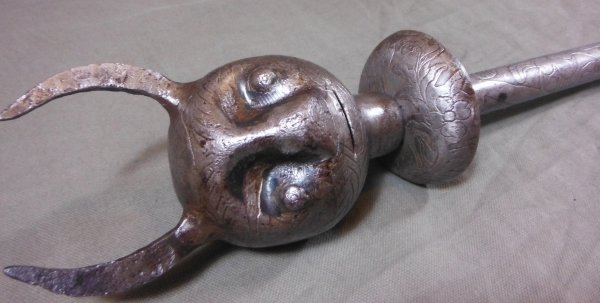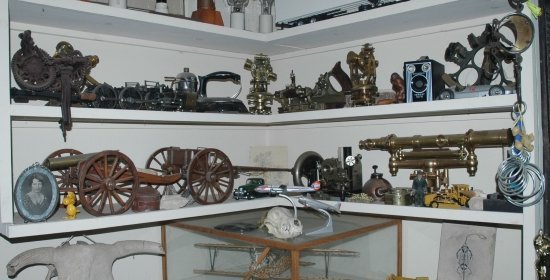Q. You previously wrote an article that talked about the propriety of auctioneers bidding at their own sales. You stated that bidders really resent this practice. Well, you hit the nail on the head and any auctioneer would do well to learn and use this information. You went on to note that the practice could involve an appearance of impropriety. I strongly agree. Before I retired from working for the federal government, we used the similar phrase, “appearance of conflict of interest,” in our frequent discussions about the stewardship of public funds and the integrity of pub service a asked ourselves if we could withstand “the Washington Post test.” In other words, if our actions were described on the front page of that newspaper would we expect a favorable reaction from the public?
– A Reader via E-mail
A. Bidding by auctioneers and their staffs at the sales they conduct is always a hot point with many auction-Goers, and auctioneers should be aware of this when they consider whether to allow the practice.
With every class I teach at Reppert School of Auctioneering, and each time I address a group of auctioneers, I emphasize what I call the “Rule of Seven” as a measure of conduct. I crafted my “Rule of Seven” from the law that provides civil juries Virginia (where I practice law) will be comprised of seven jurors. I ask auctioneers to carefully consider how seven jurors would consider their actions and/or omissions if they were presented by an adversary in the most unfavorable light. This is the same principle as the reader’s “Washington Post test,” and careful consideration of an issue under such a standard can surely help steer one to the proper course. I commend it highly to everyone.
When auctioneers bid at their own sales, bidders typically have one of two reactions. First, they often suspect there is wrongdoing involved, such as the auctioneer bidding merely to run up the selling prices. Second, many bidders also object to the practice because they see the auctioneer as improperly changing roles and suddenly becoming a competitor. Bidders don’t like any competition for the goods they seek, and they certainly don’t want it to come from the auctioneer who’s conducting the auction.






